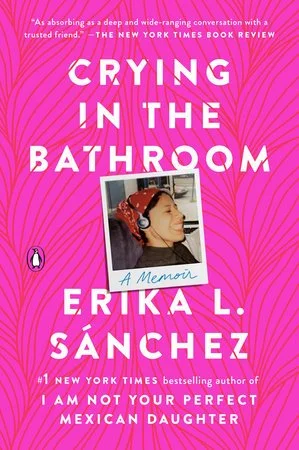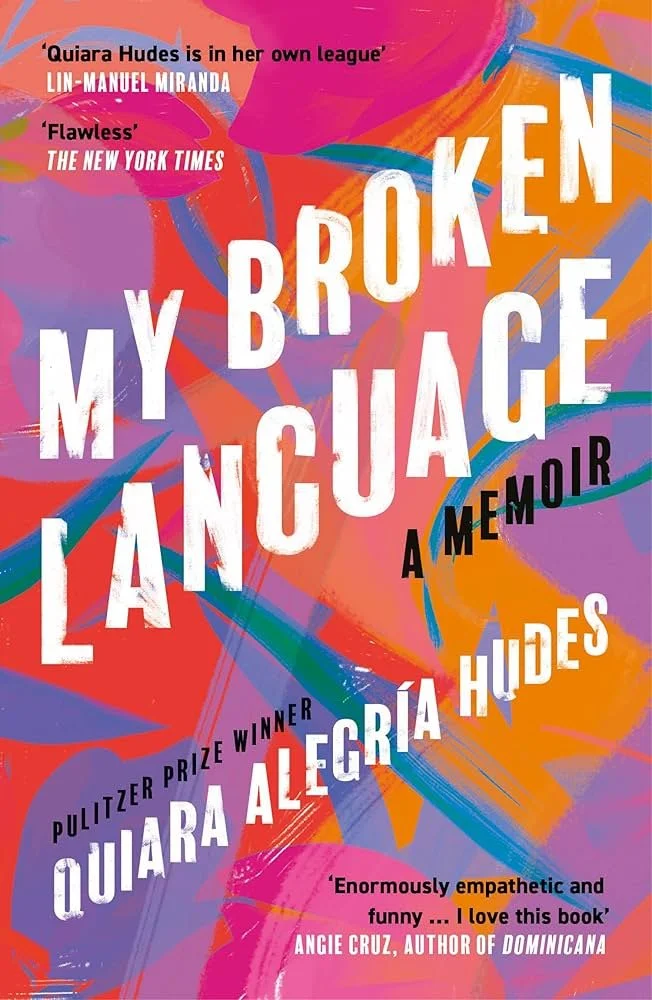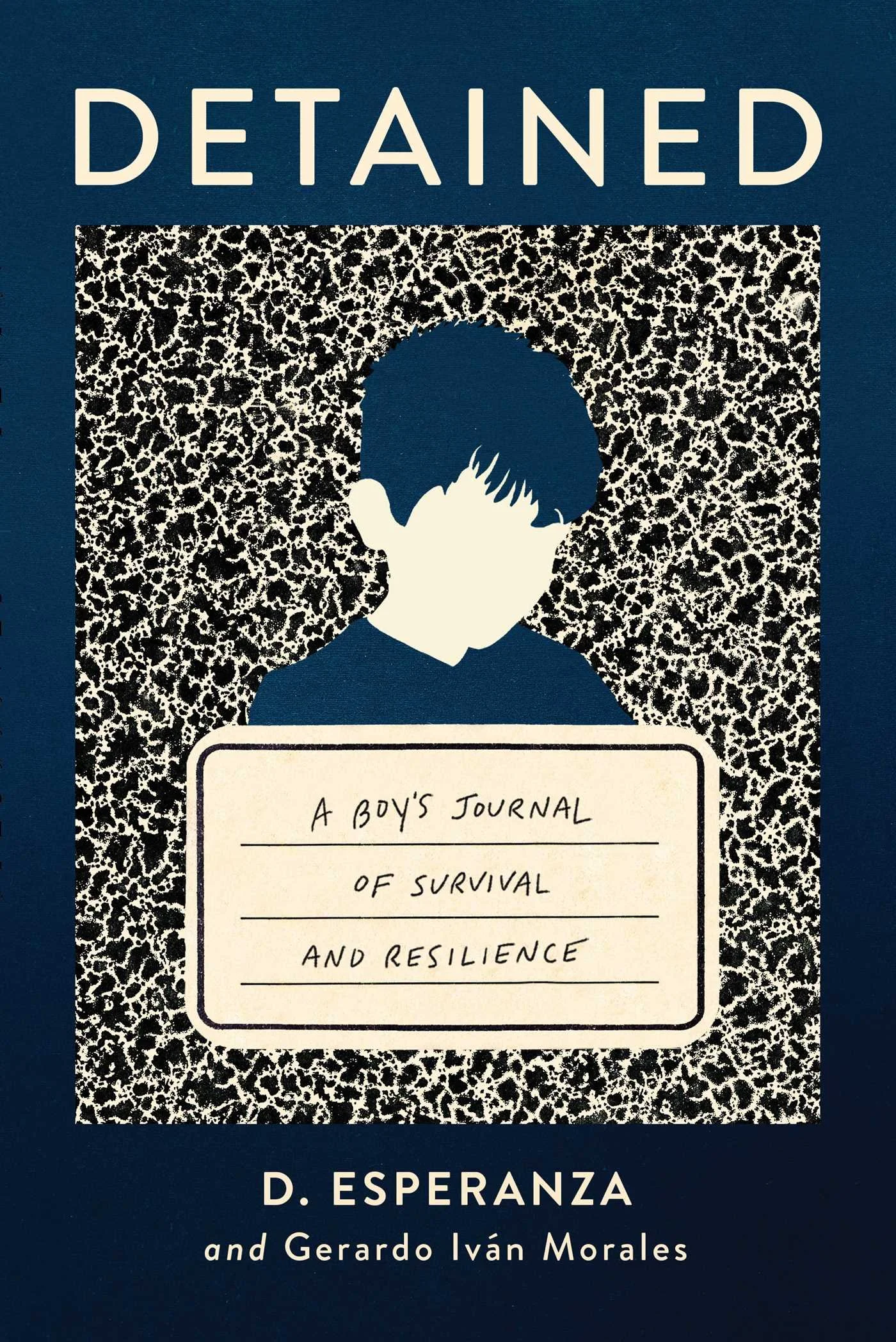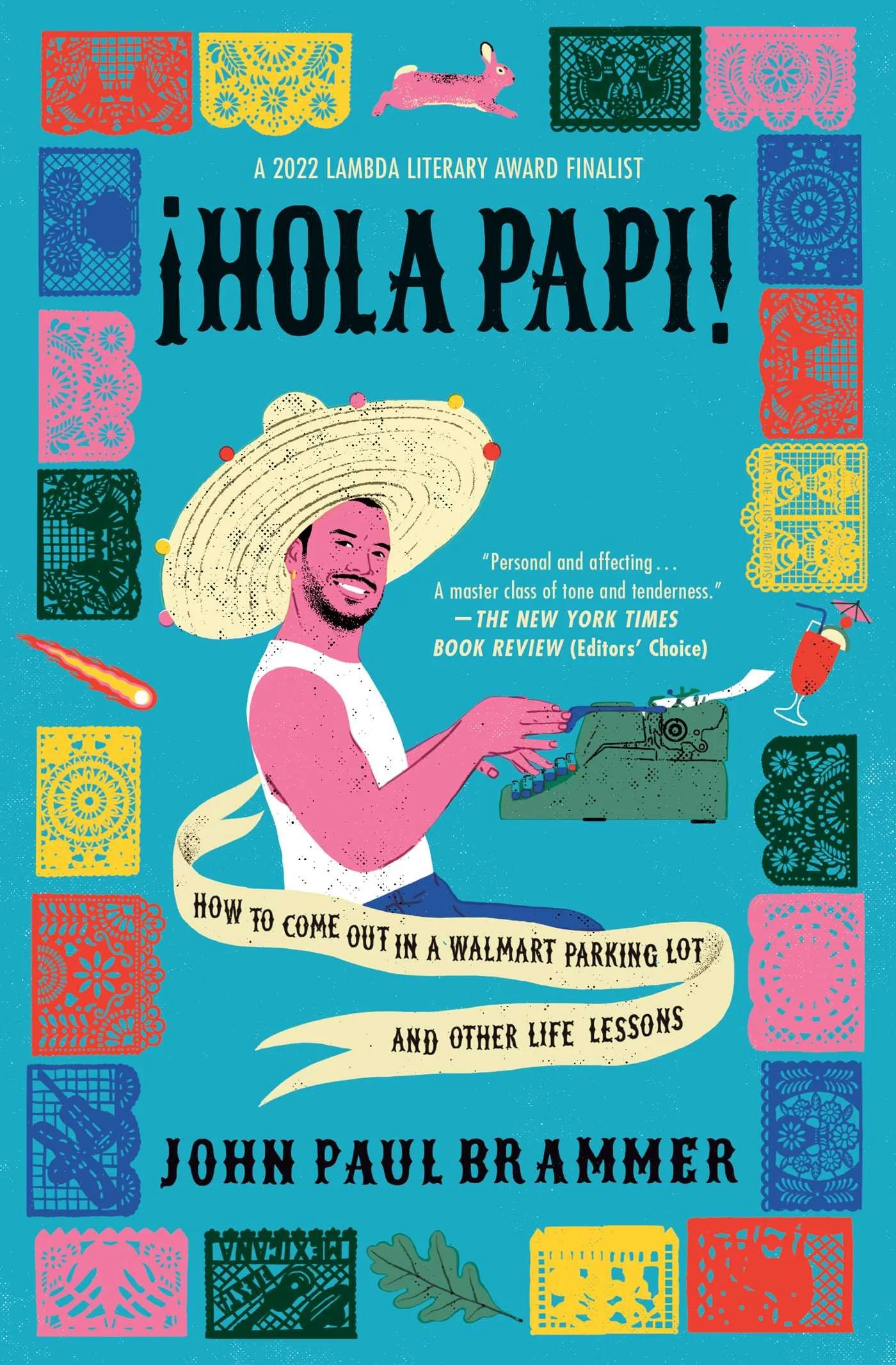Latinx Memoirs to Read Now
By: Cielo Prischak
With Latinx Heritage Month quickly approaching, here are seven memoirs you won't want to miss! From heartbreaking migration stories to laugh-out-loud essays, this roundup showcases Latinx authors who are challenging stereotypes, redefining identity, and expanding the boundaries of what it means to tell your story.
Memoirs aren't just about one person’s story, they are about families, cultures, and entire histories carried across generations and borders. For Latinx writers, memoir is more than memory; it’s a way to push back against harmful stereotypes, celebrate overlooked stories, and capture the authenticity of living between worlds. The books below go beyond typical memoir storytelling—they’re bold, funny, heartbreaking, and unforgettable.
When the Truth Refuses to Stay Quiet
For many within the Latinx community, silence has been inherited—whether through family secrets, cultural stigmas, or the pressure of upholding a certain image. Memoirs in this section courageously break through those silences to give a voice to the parts of life often kept in the shadows. They encourage us to speak our truth, especially about trauma or subjects that are considered too “taboo” to share publicly.
Carmen Maria Machado’s In the Dream House is a memoir in a league of its own. Part fairy tale, part horror story, and part essay, it pieces together the devastating story of an abusive queer relationship in a way that is both soul-shattering and incredibly brilliant. Machado proves that memoir doesn’t have to be neat and tidy; rather she uses vignettes, lyricism, and multiple tropes and literary lenses to tell her truest story. CW: domestic abuse.
On the flip side, Erika L. Sánchez’s Crying in the Bathroom takes readers through depression, sex, feminism, and family pressure with razor-sharp wit. Sánchez tears down the idea of the “perfect Latina” and replaces it with a voice that’s equal parts messy, hilarious, and real. Her writing reminds us that sometimes laughter is the sharpest weapon we have. CW: suicidal ideation.
Between Languages, Families, and Worlds
To be Latinx often means to exist in between spaces: languages, generations, cultures, and regions. The following memoirs explore what it means to grow up navigating these “in betweens” while carrying the weight of family expectations and still forging one’s own path.
In My Broken Language, Quiara Alegría Hudes writes about growing up in Philadelphia with her Puerto Rican family, where Spanglish, music, and storytelling shaped her. Her memoir is both intimate and lyrical, a celebration of how finding your voice fosters beauty, resilience, and belonging. Hudes brings both personal memory and cultural history together in a memoir that songs with honesty, pride, and the brilliance of becoming.
Jaquira Díaz’s Ordinary Girls is raw, urgent, and unforgettable. Moving between Puerto Rico and Miami, Díaz writes about girlhood shaped by poverty, mental illness, violence, and survival, while also holding space for tenderness and growth. She flips the meaning of “ordinary”, showing us that there is nothing “ordinary” about surviving and becoming the version of yourself you always wanted to be. CW: drug abuse, SA, death.
Borders, Migration, and the Stories We Carry
Migration is both a reality and a metaphor for many Latinx individuals, shaping not only where people live, but how they see themselves and their place in the world. Borders divide families, create obstacles, and force some into impossible choices; however, they also reveal the resilience of those who cross them. The memoirs in this section remind us that migration does not end once someone arrives, it lingers in memory, identity, and in stories passed down to future generations. These personal accounts give human shape to political debates, showing that every statistic hides a story of loss, hope, and endurance.
Javier Zamora’s Solito is told through the wide eyes of a nine-year-old traveling alone from El Salvador to the U.S. His story is equal parts harrowing and moving, a reminder that millions have no other choice than to leave their homes and embark on a near-impossible journey. This memoir allows us to see beyond immigration as an abstract debate, but rather a child hoping to be reunited with his parents. CW: deportation, DV.
D. Esperanza’s Detained is the first memoir to capture a child’s experience in detention under Trump’s family separation policy. At just 13 years old, Esperanza, his brother, and cousins endured a treacherous journey north, where he was eventually separated from his family at the U.S.-Mexico border. His journal from five months in custody documents cruelty, uncertainty, and loss, while also revealing the friendships and fierce advocacy that helped him endure. Esperanza’s story reminds us that migration is not only about survival, but also about the unyielding fight for dignity and belonging. CW: violence, death, xenophobia, confinement, deportation.
Joy as Resistance
Humor, tenderness, and love are not distractions from hardship, but defiant refusals to let pain define the whole story. In this section, we see how joy becomes a survival strategy and a way to build connection and community.
John Paul Brammer’s Hola Papi proves memoirs don’t always have to be tragic. Written in a series of cheeky essays, Brammer mixes laugh-out-loud humor with heartfelt honesty about love, shame, queerness, and finding a place in the world. This memoir is proof that healing doesn’t always come from heaviness, but can come from laughter, awkward moments, and a lot of joy. CW: bullying, homophobia, SA, eating disorder, suicidal ideation.
Taken together, these memoirs challenge the idea that there is one Latinx experience. They’re joyful, devastating, funny, radical, and always deeply personal. Each writer stretches the limits of memoir conventions, claiming space for stories and voices that refuse to be silenced.
For Latinx readers, these books can feel like home and even provide a space for needed validation and community. For everyone else, they’re an invitation to listen deeply and step into these worlds with openness. They create a space for learning and empathy that lasts long after you close the book.








